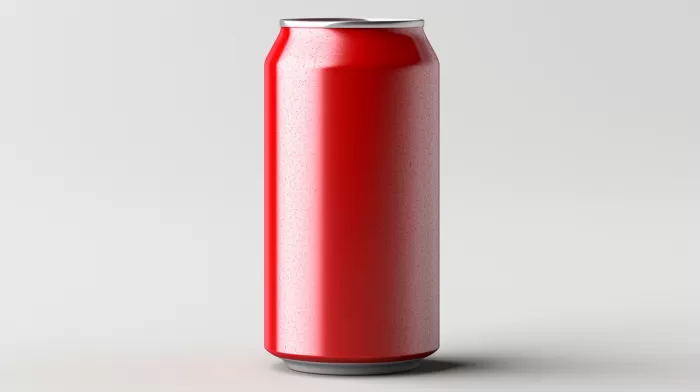We’ve all been there: staring at that irresistible fast food meal in front of us, feeling a pang of guilt, but convincing ourselves it’s not too bad because we chose the diet soda to go with it. Unfortunately, it’s time to burst that bubble — diet soft drinks aren’t doing you any favors. They’re filled with artificial sweeteners that can cause chaos for your metabolism. In fact, researchers at the University of North Carolina at Chapel Hill found that diet soda drinkers are generally less healthy than those who never indulge.
The research team analyzed data collected over two decades from more than 4,000 young adults taking part in the Coronary Artery Risk Development in Young Adults (CARDIA) study. In terms of eating habits, participants were classified into two distinct groups: those who followed a “prudent” diet, characterized by higher consumption of fruits, fish, whole grains, nuts, and milk; and those who favored a “Western” diet, containing higher amounts of fast food, meat and poultry, pizza, and snacks.
The healthiest participants were found to be those who adhered to a prudent diet and avoided diet beverages. They had a lower risk of having excess fat around the middle, higher triglyceride levels (blood fats), and metabolic syndrome — 22%, 28%, and 36% lower, respectively, compared to those who followed a Western diet and abstained from diet soda. However, the second healthiest group was made up of individuals who followed a prudent diet and occasionally consumed diet drinks.
On the flip side, those who opted for the Western diet faced an increased risk of heart disease, irrespective of their consumption of diet beverages.
So, what’s the problem with diet soft drinks?
First and foremost, artificial sweeteners are a significant concern. Aspartame, sucralose, and saccharin are the most commonly used sweeteners in diet sodas. According to the Mayo Clinic, artificial sweeteners may contribute to weight gain by affecting our taste receptors, leading to a preference for sweeter, less nutritious foods, and by causing weight gain-promoting changes to our gut bacteria.
Moreover, diet beverages are devoid of essential nutrients. While they may be marketed as a “healthier” alternative due to their low calorie count, the fact remains that they provide no nutritional value. In reality, you’re better off drinking water, which can help to promote feelings of fullness, making you less likely to overeat.
But what about the potential benefits of diet soft drinks?
Some research suggests that diet drinks can, to a certain extent, help in weight management. A study conducted by the University of Colorado found that participants who drank diet beverages experienced a greater weight loss over a 12-week period compared to their counterparts who drank water. However, the researchers cautioned that diet beverages should not be seen as a magical weight-loss solution and that adopting an overall healthier lifestyle is crucial for sustainable results.
Making healthier choices
It’s clear that when it comes to improving your health, simply swapping out a regular soda for a diet one isn’t enough. Your focus should be on adopting a balanced and nutritious diet, incorporating a variety of fruits, vegetables, whole grains, lean proteins, and healthy fats.
Here are some practical tips to help you get started:
- Instead of reaching for a diet soft drink, sip on water infused with fruits or herbs for added flavor.
- Replace processed snacks with healthier options, such as vegetables and hummus, fruit, or a small handful of nuts.
- Try to incorporate more plant-based proteins in your diet, such as beans, lentils, and chickpeas.
- Plan your meals and snacks in advance to help avoid unhealthy food choices when hunger strikes.
In summary, incorporating diet soft drinks into your diet may not be the ticket to improved health that you were hoping for. Instead, focus on adopting a well-rounded and nutrient-dense eating plan, along with staying hydrated by consuming water or other healthy beverages. Remember, the journey to better health is about making small, sustainable changes to your lifestyle — focusing on your diet as a whole rather than relying on quick fixes like diet soft drinks.



